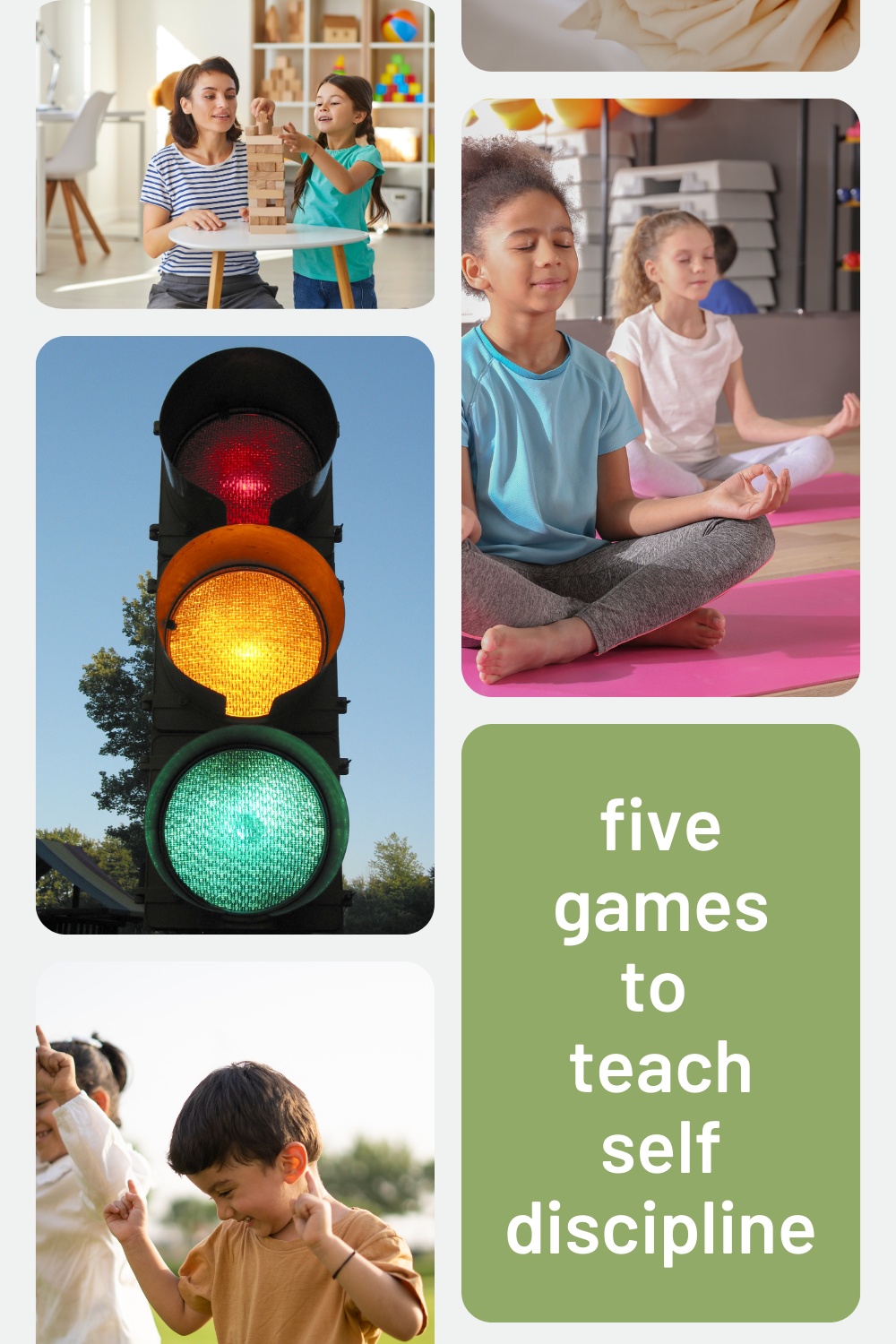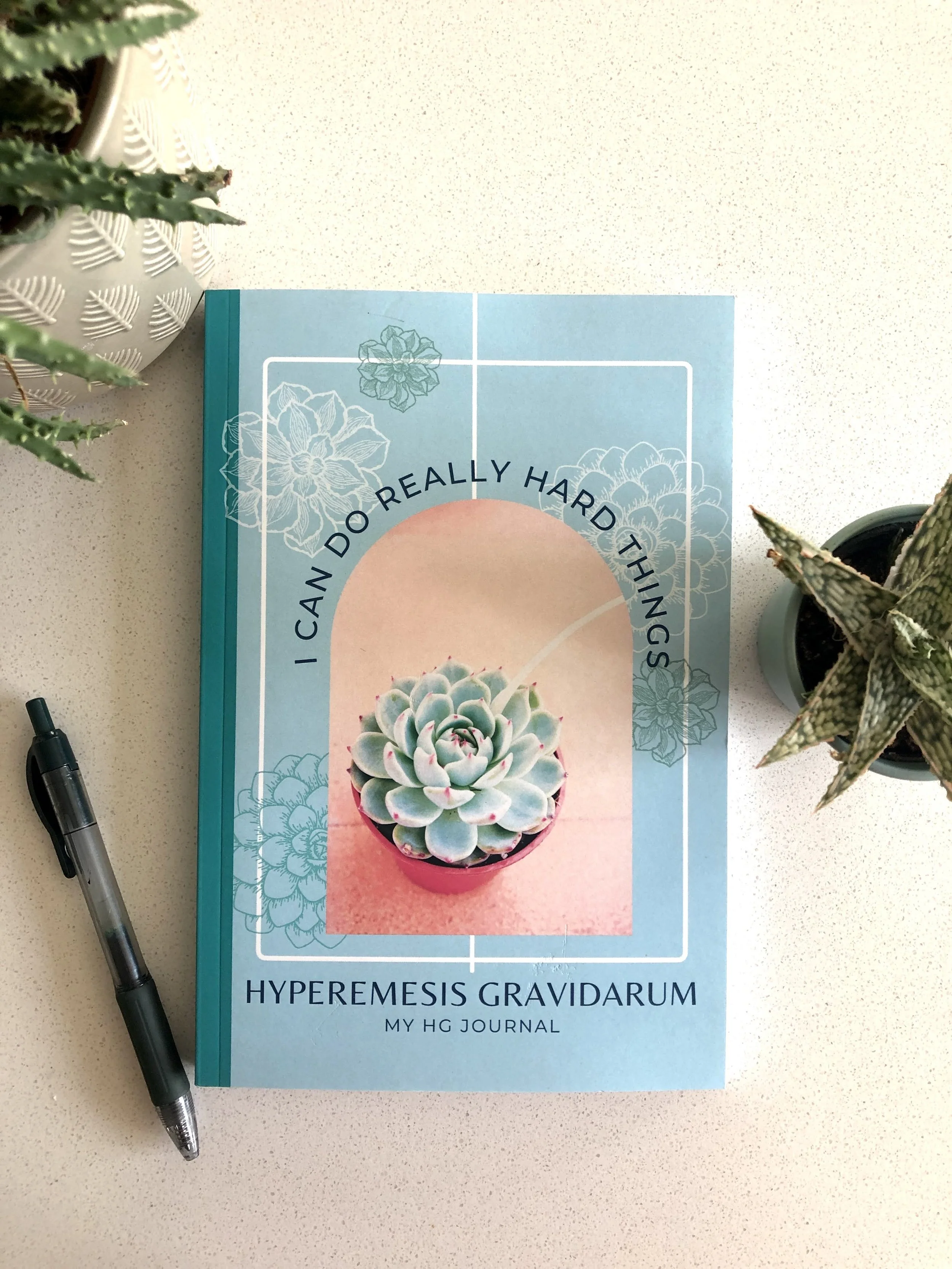5 Games to Teach Toddlers Self Mastery
I was reading through some old journal entries from when my oldest was a toddler. One stood out to me and I was so grateful I’d written it down! It was a great reminder of the little paydays that come after applying a little intentional parenting.
He’d been in a bit of an exploratory hitting phase, and I had been trying to work with him on his impulse control. He’d always been an outgoing kid, and I wanted to help him understand that he would have a lot more success making and keeping friends if he didn’t hit all the time.
I tried and tried to engage him in play and activities at home that encouraged autonomy and self awareness. I knew he was still trying to develop the skills needed to navigate social situations, especially empathy and forethought. By addressing the skills and values of kindness and gentleness at home, in calm, every day settings, I hoped it would eventually adjust the way he was interacting in more social situations.
It didn’t work right away. In fact, despite my best efforts, he continued to interact with other kids at the park with shoves and hits. One not-so-lucky friend at the park even got a rock thrown at them. Was this intentional parenting thing ever going to work??
Then, one day, I was sitting on the grass, watching him play. I saw my son walk up to another child. He wound up for a good, solid smack. I was about to jump up and intervene, when he suddenly switched gears. He brought his hand forward and instead of hitting, he stroked the other kid’s face and walked away.
That was a joyful mama moment.
I’m so glad to have revisited that journal entry now that our youngest is entering her toddler years. Intentional parenting really does work!
Here are five gentle games that can help teach self-discipline and self-mastery:
Simon Says: This classic game teaches children to follow instructions and control their impulses in a fun and engaging way. Players must listen carefully and only perform actions when preceded by the phrase "Simon says," encouraging attentiveness and self-regulation.
Red Light, Green Light: By practicing stopping and starting on command, children learn impulse control and patience. This game promotes self-discipline as they must resist the urge to move when the command is given to stop.
Storytime Yoga: Incorporating storytelling with gentle yoga poses can help children learn to control their bodies and emotions. Encouraging them to hold poses and breathe deeply fosters self-awareness and concentration.
Building Blocks Challenge: Set a timer and challenge children to build a structure using blocks within a certain time frame. This game promotes patience, planning, and perseverance as they work towards a goal while managing their time effectively.
Mindfulness Jar: Fill a jar with glitter and water, then have children shake it and watch as the glitter settles. Encourage them to breathe deeply and calmly observe until the glitter settles completely. This activity teaches children how to regulate their emotions and find inner calmness amidst chaos.
Incorporating these gentle, intentional games into everyday routines can help children develop essential self-discipline and self-mastery skills in a supportive and loving environment, setting them up for success in managing their behavior and emotions as they grow.
What other games would you add to this list?




